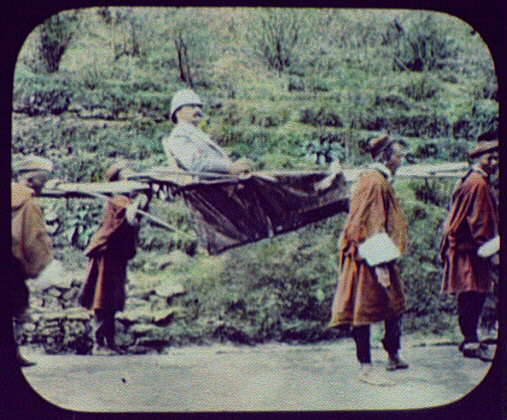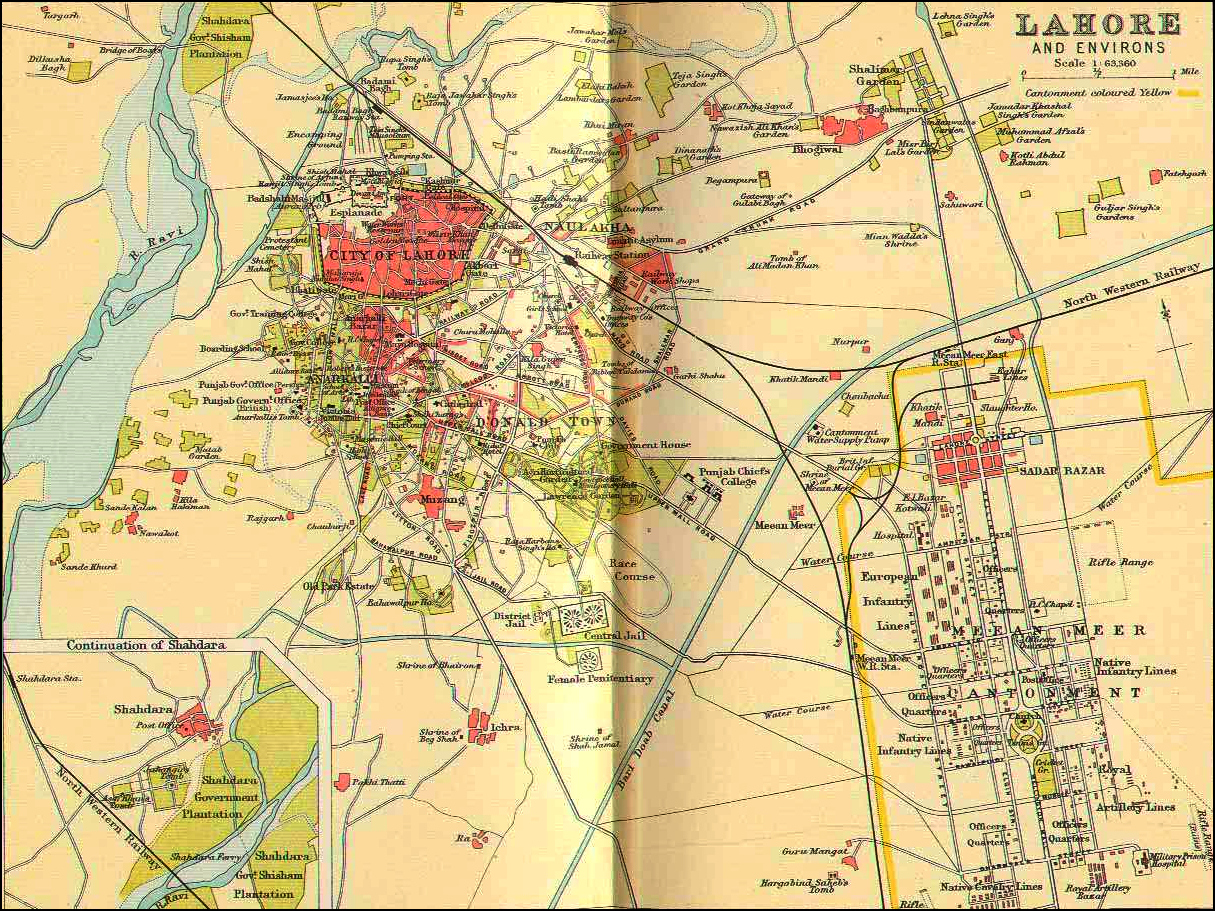OUR NAME IS REBEL - THE SECOND INDIAN MUTINY
If anyone asks who we are
Tell him our name is rebel
Our duty is to end the tyranny
Our profession is to launch revolution
That is our namaz, this is our sandhya
Our puja, our worship
This is our religion
Our work
This is our only Khuda, our only Rama.
Kartar Singh Sarabha
The British have occupied our dear land. Our commerce and industry has been ruined. They have plundered and looted the wealth of Hindustan and brought famine and plague. More than 90 million Hindustanis do not even have one square meal a day. Thirty million have died due to famine and plague. They are sending all our produce and grains to England. Brave Hindis! Awaken from your sleep. What is our duty at this time? Our duty at this time is to prepare an army to fight against British rule in India which is the root of all our problems. This is not the time for talk. This is the time for war. How long will you wait? How long will the world keep calling you slaves?
Ghadar Party Statement 1914
Tell him our name is rebel
Our duty is to end the tyranny
Our profession is to launch revolution
That is our namaz, this is our sandhya
Our puja, our worship
This is our religion
Our work
This is our only Khuda, our only Rama.
Kartar Singh Sarabha
The British have occupied our dear land. Our commerce and industry has been ruined. They have plundered and looted the wealth of Hindustan and brought famine and plague. More than 90 million Hindustanis do not even have one square meal a day. Thirty million have died due to famine and plague. They are sending all our produce and grains to England. Brave Hindis! Awaken from your sleep. What is our duty at this time? Our duty at this time is to prepare an army to fight against British rule in India which is the root of all our problems. This is not the time for talk. This is the time for war. How long will you wait? How long will the world keep calling you slaves?
Ghadar Party Statement 1914

India, 1915. The jewel in Britannia’s imperial crown is in danger of losing its sparkle. Growing political consciousness on the part of the Indian population and unrest about the possible consequences of the Great War – into which the Raj had been thrust without native opinion being canvassed – bubbles under the complacent façade of British rule. The British Indian army is increasingly diverted to fight in far-flung theatres – Flanders, East Africa and in preparation for the Gallipoli landings - with further campaigns planned in Mesopotamia.
Lahore. Sikh country. During the great rebellion of ’57 Sikh troops had been instrumental in restoring British rule and defeating the mutineers. But now, sixty years on, the Punjab is restless. Highly intelligent and motivated radicals, driven by nationalistic fervour inspired by Sun Yat-Sen’s rebellion in China, are plotting from their bases on the west coast of the United States. The aims of the Ghadar movement are nothing short of the complete destruction of British rule in India.
Meanwhile, the Kaiser schemes. A German mission makes its way towards Afghanistan – ancient enemies of the Indians – to stir up holy war and Jihad.
February 1915. The 23rd Cavalry, Lahore, are ready to rise.



